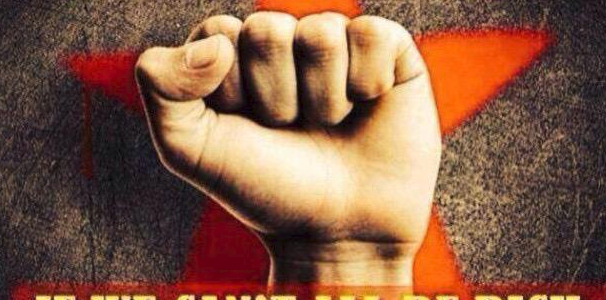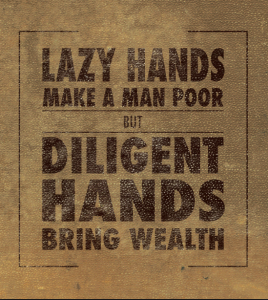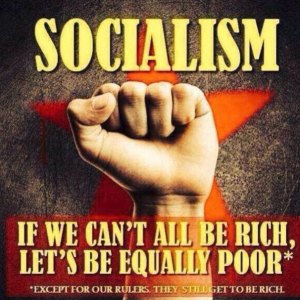
The rich get richer and the poor get poorer


Karl Marx when discussing economic inequality and the socialist criticism of the free market system (capitalism) implying the perceived inevitability called the “Law of increasing Poverty”.
Germany’s manufacturing sector is twice the size of Britain’s 23 per cent of national GDP, compared with 11 per cent according to World Bank. Germany has been thriving as an industrial superpower while Britain has seen the progressive hollowing-out of its manufacturing base. The German steel industry has not buckled under the pressure of dumping by China.
Germany’s industrial power was built on a core of family-owned businesses, many of which date back to the 19th century and often operate out of small towns, and pride themselves on quality and see themselves as having social obligations to the local community. German companies are also the beneficiaries of close links between industry and the banking sector that ensure guaranteed long-term funding. Germany has more world-class companies in a wide range of sectors –BMW, Bosch, Siemens supported by a network of mid-sized firms.
The iconic names of industrial Britain are history, in the early1950s Britain was an industrial giant employing 40 per cent of the workforce and made up a quarter of World’s manufacturing exports. Today, the British manufacturing industries employ only 8 per cent of the workforce and sell 2 per cent of the world’s manufacturing exports. The manufacturing industries are replaced by service economy and supermarkets selling mainly imported goods. In the 1970’s Edward Heath tried to keep Rolls-Royce afloat by nationalising them. Manufacturing went on shrinking under New Labour; the sector’s workforce halved from 4.5 million to 2.5 million between 1997 and 2010.
Financial and business services were seen as the way forward for Britain, with manufacturing recognised as globally competitive only in Aerospace and Pharmaceuticals. As immigrant workers flooded into Britain’s services and food-processing sector, manufacturing jobs flooded out, mainly to the Far East. Flagship businesses were sold to foreign firms, including Cadbury’s which was taken over by Kraft in 2010.
The growth of Capitalism evidently charted by the immigrant-entrepreneurial tale of the Lehman Brothers. They sold overall in 1850s Alabama, bought farmer’s raw cotton to sell it to the factories, diversified into rail, oil and even coffee and gave all that up to deal with only money.
The next stage of banking is to exploit credit, and “break the barrier of need” and make buying natural habit as anyone can buy anything and everything is a bargain for somebody.
We have now a mass-consumption society with the subprime mortgage crisis. We learnt to shop for recreation, status and fantasy, and shed repairing and making do and have a policy of discarding the broken items and replace it with new.
The engine of modern life depends on us buying and borrowing to do so and that makes lenders richer than makers and healers, as the age of credit has worked quite well.
The poorer you are the more you get ripped off including in loans. If you are a moderately comfortable life is cheaper. Housing is a problem but once you are on the housing ladder the mortgage rates are tiny.
If you spend a bit you can save a lot as you can buy things at their real price rather than on rent-to-buy deals. Stay above the poverty line and you can do bulk out of town shopping getting prompt-payment discounts.
If you are poor you get even poorer, as you buy cheap things that don’t last or work properly. You pay rent and you may have to move expensively on landlord’s orders as you can’t plan because you live hand to mouth. You may have to buy essentials in a corner shop and pay a premium and bad luck capsizes you.
If you buy furniture or fridge or freezer form only £ 3 a week you will end up paying three times its real price with penalties for early repayment even If you win a lottery.
So you’re in debt and your credit rating has slipped down further. Your rich comfortable neighbours have a good credit rating because none of this has happened to them. The worst is the credit card debt at 22.8 per cent interest if you do not pay the entire amount within a specified time.
